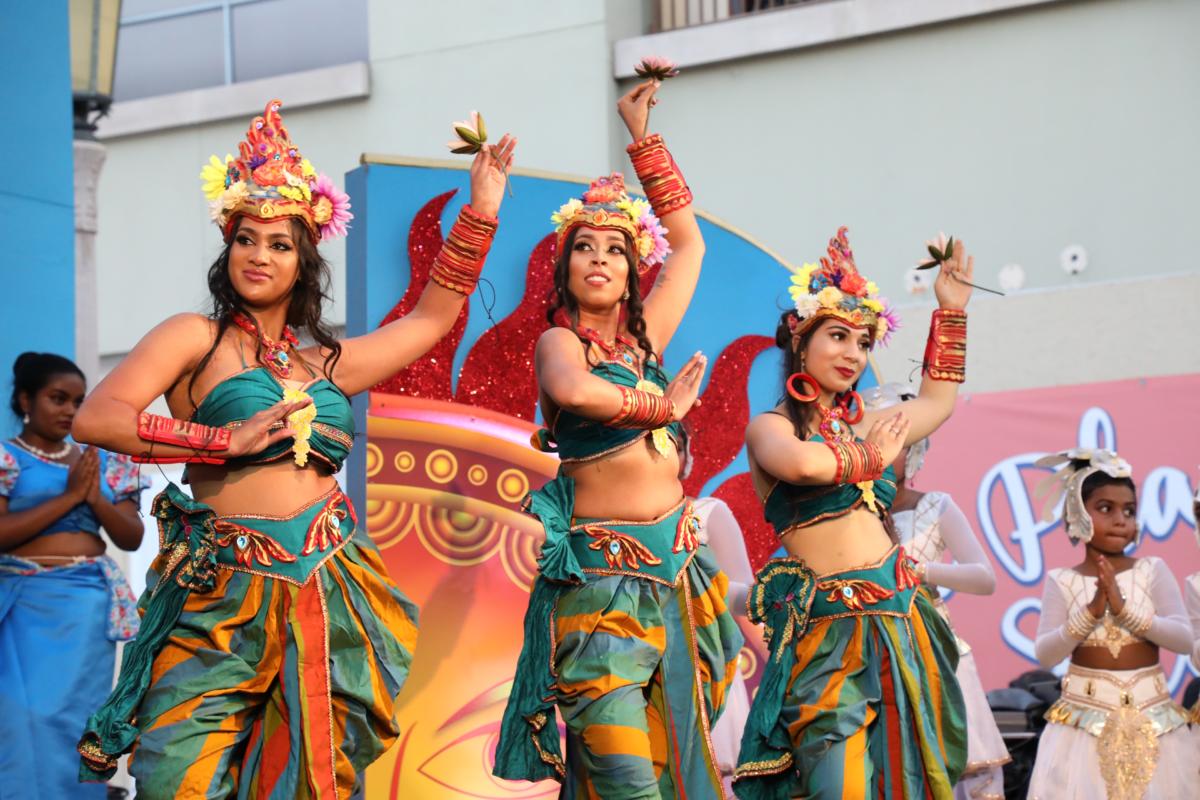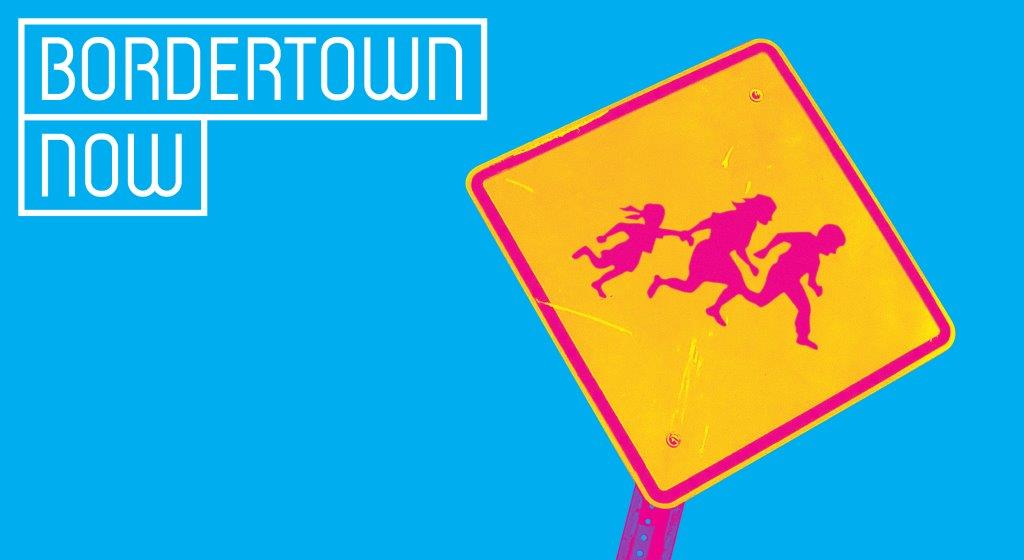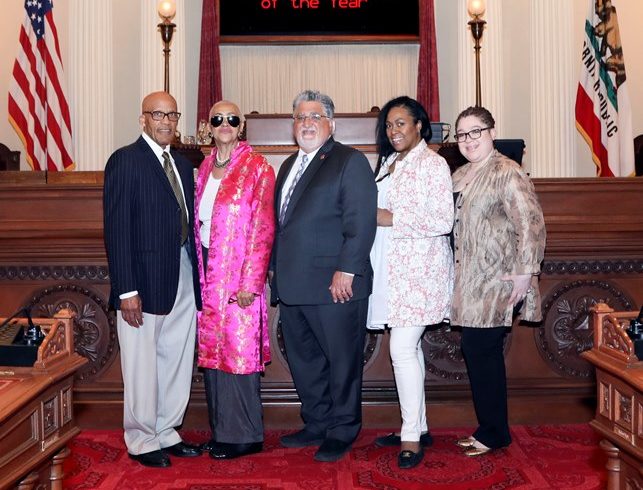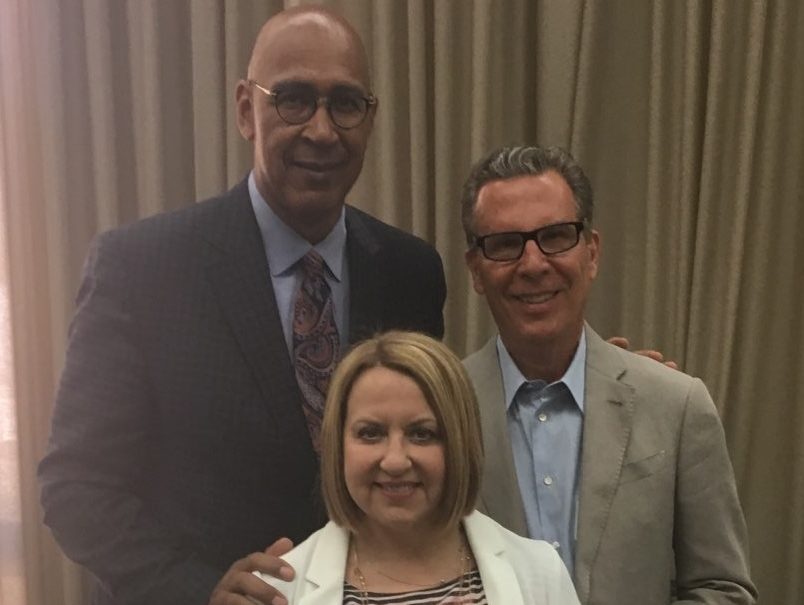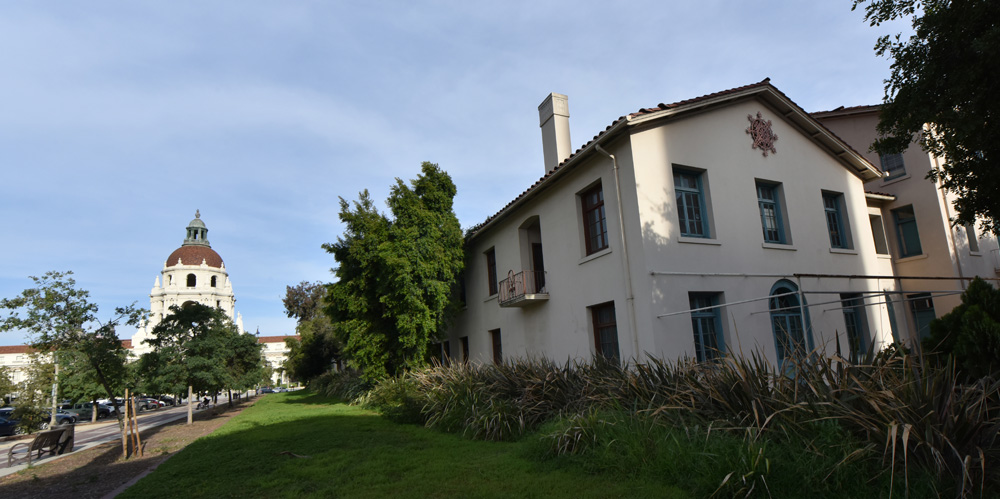
By Gus Herrera
At their latest regular meeting, the Pasadena City Council heard the much-awaited recommendations from the Civic Center Task Force (CCTF) but they were ultimately unable to take any form of action, as several council members felt they did not have enough information to proceed with the decision-making.
Although they appreciated the task force’s work, most of which had to do with design improvements and potential new uses for the Civic Center, Council felt they needed additional information, specifically concerning the economics of the situation, in order to make responsible and informed decisions.
“Nobody wants to screw this up,” said Council Member Margaret McAustin, “I just feel, if we had a better understanding … then we will be more comfortable.”
There was also disparity between how city staff and the CCTF perceived the appropriate next steps – while city staff recommended sending out the project for bidding via a new request for proposal (RFP), the CCTF recommended that Council carry out five studies prior to issuing an RFP.
These recommended studies included a cultural landscape report, an urban design plan, a “rough order of magnitude” cost study to determine the price tag of seismic retro-fitting for the YWCA building, and independent studies to determine the cost of re-purposing the historic building for alternative uses.
City staff argued that the studies done for the Kimpton Hotel project, including an environmental impact report (approved by the Council on Aug. 15, 2016), were sufficient to move forward.
“At this time staff does not believe that additional studies are warranted in advance of initiating the recommended process,” said staff’s report.
David Reyes, director of planning and community development, also warned that carrying out studies prior to the RFP process might “hamstring” the variety of proposals the City will receive and essentially box the Civic Center into a “specific type of project.”
This argument was questioned by Council Member Andy Wilson, who worried that enacting a new RFP process without a “reasonable scope” will once again leave the City with more questions than answers.
“If we don’t put a stake in the ground, I think we’re going to end up back where we started … it’ll be a little like Groundhog Day,” said Wilson.
Council Member Steve Madison, who supported the Kimpton project and at the time warned Council that they were letting “the perfect be the enemy of the good,” also reminded his colleagues that developers might think twice about making a new bid, considering the City already left “one developer at the altar, probably with million of dollars in losses.”
“Now we’re going back to market and saying ‘anybody want to take this off our hands?’” he said.
Regardless of how Council ultimately decides to proceed, city staff is anxious to find a way to secure the integrity of the Julia Morgan-designed YWCA building (ideally at no further cost to the city), which continues to deteriorate every day.
“Time is not on our side,” said City Manager Steve Mermell.
“We acquired this building six years ago because we said that the existing owner was committing ‘demolition by neglect,’” said Mayor Terry Tornek, “and now we’re complicit.”
The city acquired the building for $8.3 million and “since then has appropriated an additional $500,000 towards securing the building.” It is also estimated that the “cost of rehabilitating the building for any uses is expected to run into the millions of dollars, likely exceeding $10 million,” per staff’s report.
The CCTF, which was created on July 17, 2017 and completed a few months later on Sept. 11, 2017, was tasked with crafting recommendations “regarding the future development of the portion of the Civic Center adjoining Centennial Plaza,” per city staff’s report.
This came after the failure of the controversial Kimpton Hotel project, which drew all sorts of criticism – from disapproval over the proposed height/massing, to accusations of a lack of transparency throughout the selection process.
The 15-member CCTF met eight times since October 2017, formulating six guiding principles and an additional 20 recommended actions to support those principles. The CCTF’s recommendations focused on four areas: setbacks/open space, building height, land use, and public improvements.
Although there was no true consensus on setbacks/open space (a topic that was equally as problematic during the Kimpton discussions, as it carries substantial economic impact), the CCTF did formulate conclusions on the other three areas.
According to staff’s report, the task force unanimously agreed “that the Council should limit the building heights on both the north and south parcels to a maximum of 54-feet along Garfield … stepping down to a more compatible lower height next to the YWCA building.”
With regards to land use, the CCTF’s recommendation was also unanimous – advocating that the City should activate the Civic Center by considering a mix of public/private uses.
“Any commercial land uses established in this area should be subordinate, supportive, and ancillary to civic uses in the Civic Center,” reads the CCTF recommendation.
Finally, an “overwhelming majority of the task force recommended that the City address the expanse of pavement in Centennial Plaza, which members felt posed a danger to pedestrians.”
To accomplish this, the CCTF proposed various design improvements to slow traffic and enhance walkability – ideas which included installing new landscaped medians, public art, and even a central feature for Centennial Plaza.
But, in the end, all of these recommendations will have to wait until a time when the Council feels it has a sufficient grasp on the specifics to proceed.
“We’ll be back,” concluded Tornek, “we’ll have another crack at this.”

